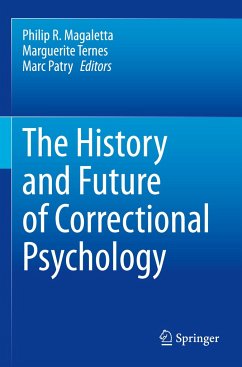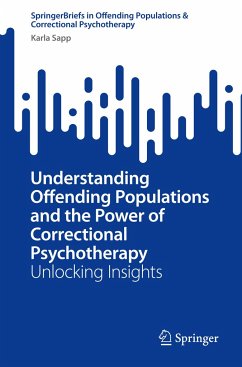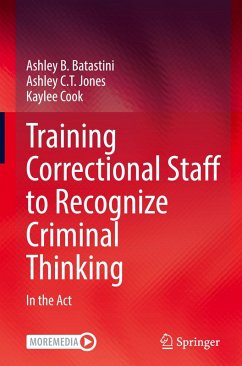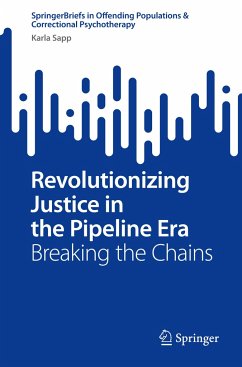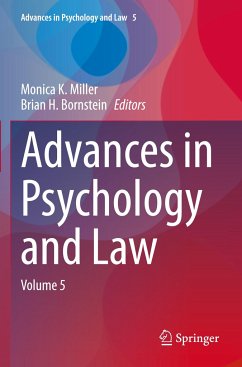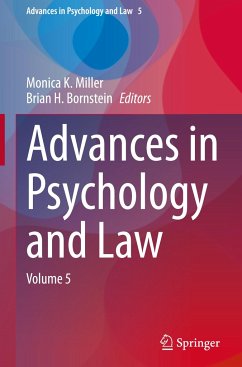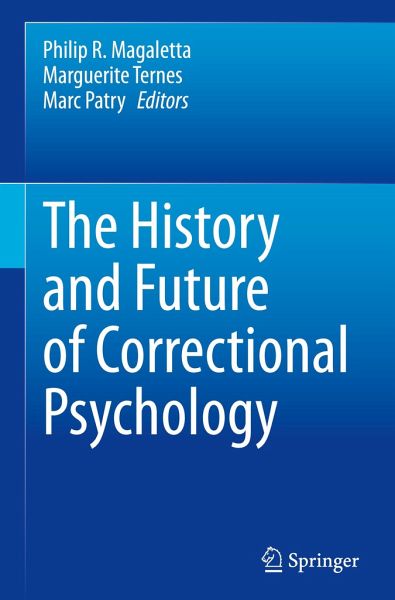
The History and Future of Correctional Psychology

PAYBACK Punkte
49 °P sammeln!
This edited volume provides a comprehensive overview of correctional psychology, considering the history and future of the practice.With contributions from expert leaders in the field of correctional psychology - the application of psychological evaluation, treatment, and management of offenders in jails, prisons, and other correctional settings - the early history is presented through a series of brief biographical sketches of the field's early pioneers. Moving forward, the period of growth and development of key concepts that advanced and matured the field is presented. Finally, directions t...
This edited volume provides a comprehensive overview of correctional psychology, considering the history and future of the practice.
With contributions from expert leaders in the field of correctional psychology - the application of psychological evaluation, treatment, and management of offenders in jails, prisons, and other correctional settings - the early history is presented through a series of brief biographical sketches of the field's early pioneers. Moving forward, the period of growth and development of key concepts that advanced and matured the field is presented. Finally, directions that remain relevant as the future of correctional psychology unfolds are presented.
Ideal for correctional psychology practitioners, students of correctional and forensic psychology, and those interested in the history of psychology, this unique volume traces the ongoing development of a crucial area of psychological practice.
With contributions from expert leaders in the field of correctional psychology - the application of psychological evaluation, treatment, and management of offenders in jails, prisons, and other correctional settings - the early history is presented through a series of brief biographical sketches of the field's early pioneers. Moving forward, the period of growth and development of key concepts that advanced and matured the field is presented. Finally, directions that remain relevant as the future of correctional psychology unfolds are presented.
Ideal for correctional psychology practitioners, students of correctional and forensic psychology, and those interested in the history of psychology, this unique volume traces the ongoing development of a crucial area of psychological practice.





